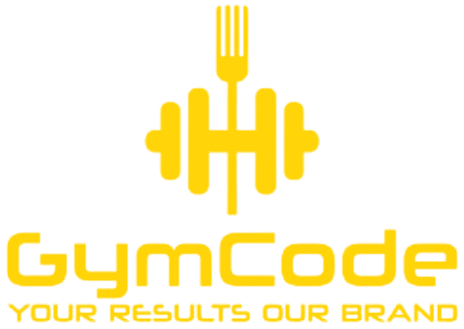Hip pain relief tips If you struggle with tight, cranky hips, listen up. You don’t need to stretch for hours to get the relief you’re looking for. It’s time to put away the braces and painkillers because I’ve got a solution that’s far more effective and sustainable. In less than 5 minutes per day, you can make a big difference in the strength and stability of your hips, improving your overall health and functionality.
The hip joint can handle a lot of movement and wear and tear. As the largest ball-and-socket joint in the body, it allows for smooth movement. However, despite its strength, the hip joint can still suffer from hip pain. Here are some common reasons why hip pain happens:
You Can Try at Home for Hip Pain Relief
Table of Contents

Rest is usually enough to relief hip pain
Taking it easy and avoiding strenuous activities can help reduce inflammation and pain. Lying down or sitting comfortably can aid in recovery. It’s important to limit activities that put pressure on the hip and other joints. Using pain relievers and hot and cold therapy can complement rest, makingit one of the best home remedies for hip pain.
Over-the-Counter Pain Relievers
You can buy medications at the store to help reduce pain and swelling. These can make it easier to move around without pain. Muscle relaxants might also help. If these don’t work, talk to a doctor for more advice.
Heat and Cold Treatment
Using heat and cold packs can help with hip pain. Heat packs can relax your muscles and improve blood flow, which helps with healing. Cold packs can reduce swelling and numb the area to ease pain.
Use Compression
Wrapping your hip with a bandage can help keep it stable and reduce swelling. Compression also helps improve blood flow and reminds you to be careful with your movements.
Do Stretches
Stretching can help reduce hip pain and improve how your hip moves. Simple stretches like side stretches and lunges can make a big difference. Gentle leg and waist stretches can also help.
Elevate the Injury
Lifting your hip higher than your heart can help reduce swelling and pain. This helps manage blood flow and makes it easier for your hip to heal.
Lose Weight
Losing a little weight can take pressure off your hip joints. Even losing 5% of your weight can help reduce hip pain.
Hydrotherapy and Physiotherapy
Spending time in a pool (hydrotherapy) can help your joints move more easily and reduce pressure. It feels good and helps with healing. Physiotherapy involves exercises and massages from professionals to reduce pain and improve movement.
Conclusion
Hip pain can often be managed with these simple home remedies. Rest, over-the-counter pain relievers, heat and cold treatments, compression, stretching, elevation, weight loss, hydrotherapy, and physiotherapy are all effective ways to relieve hip pain. If these methods don’t help, see a doctor for more advice.
